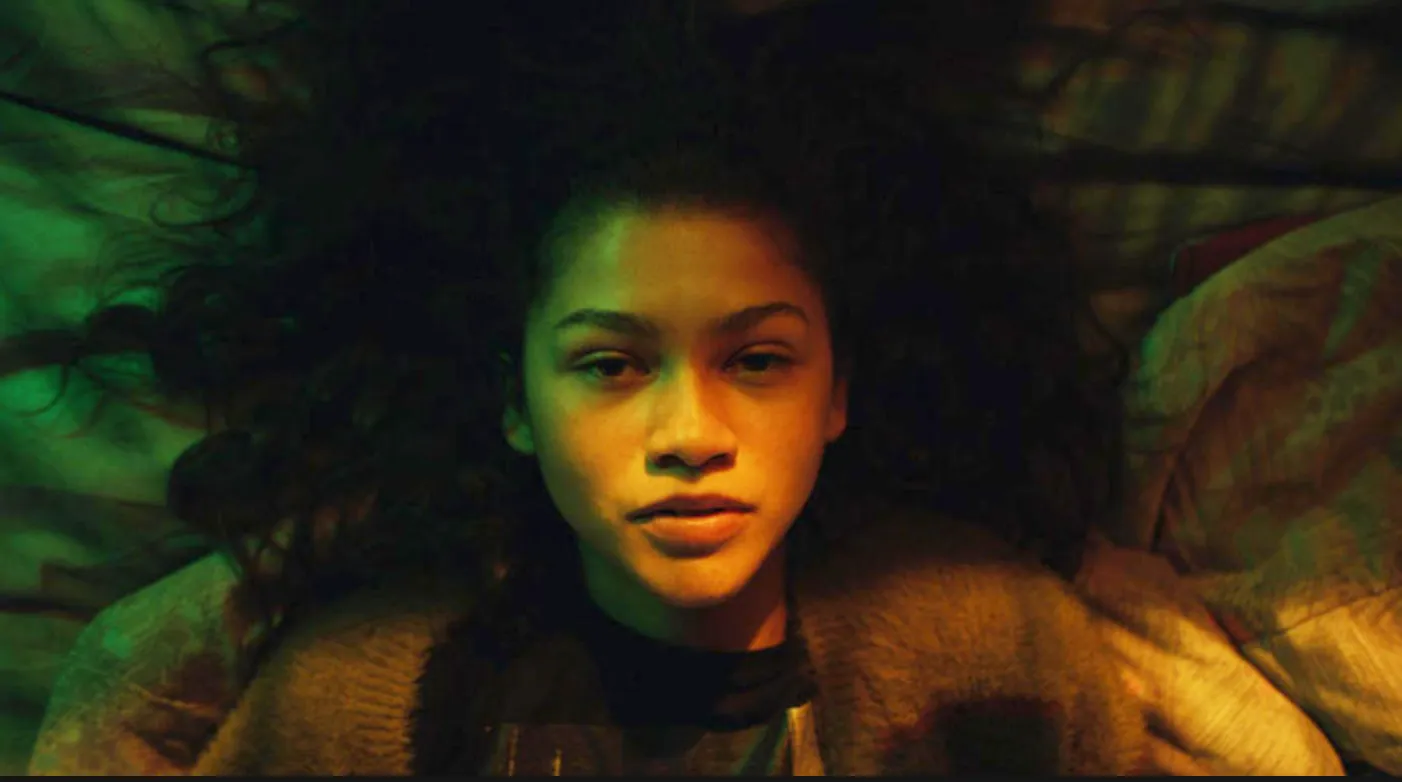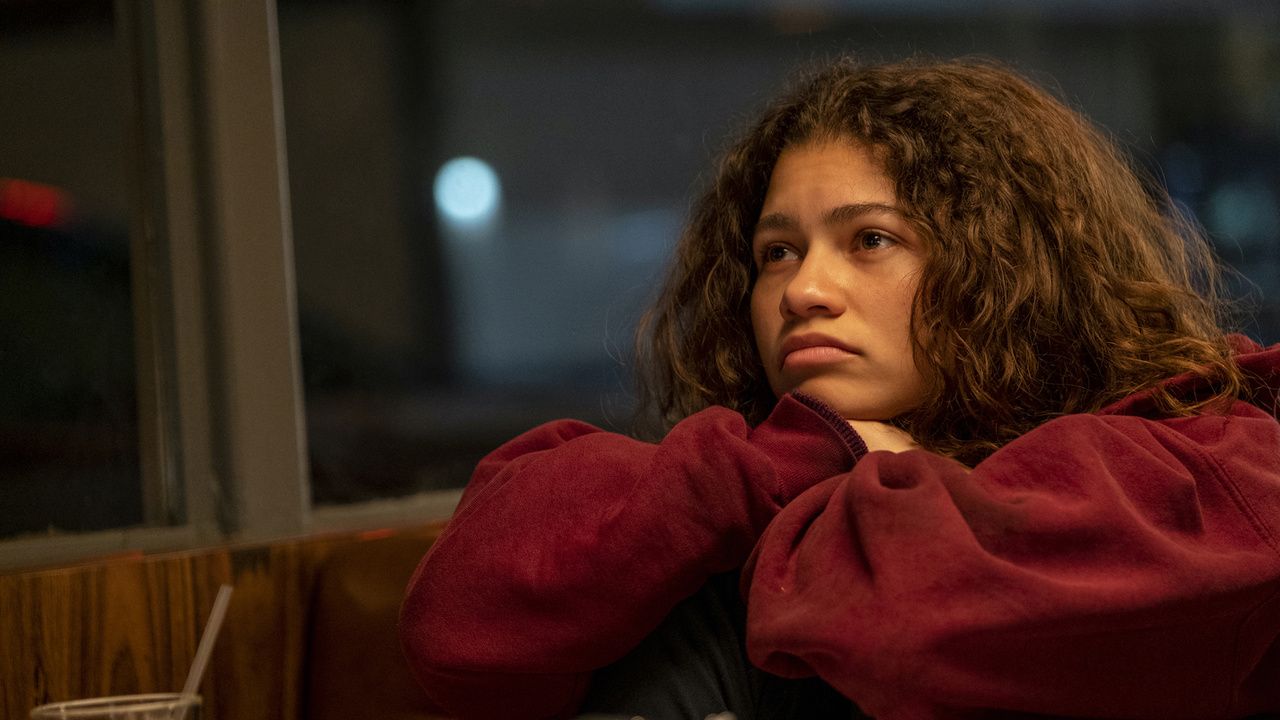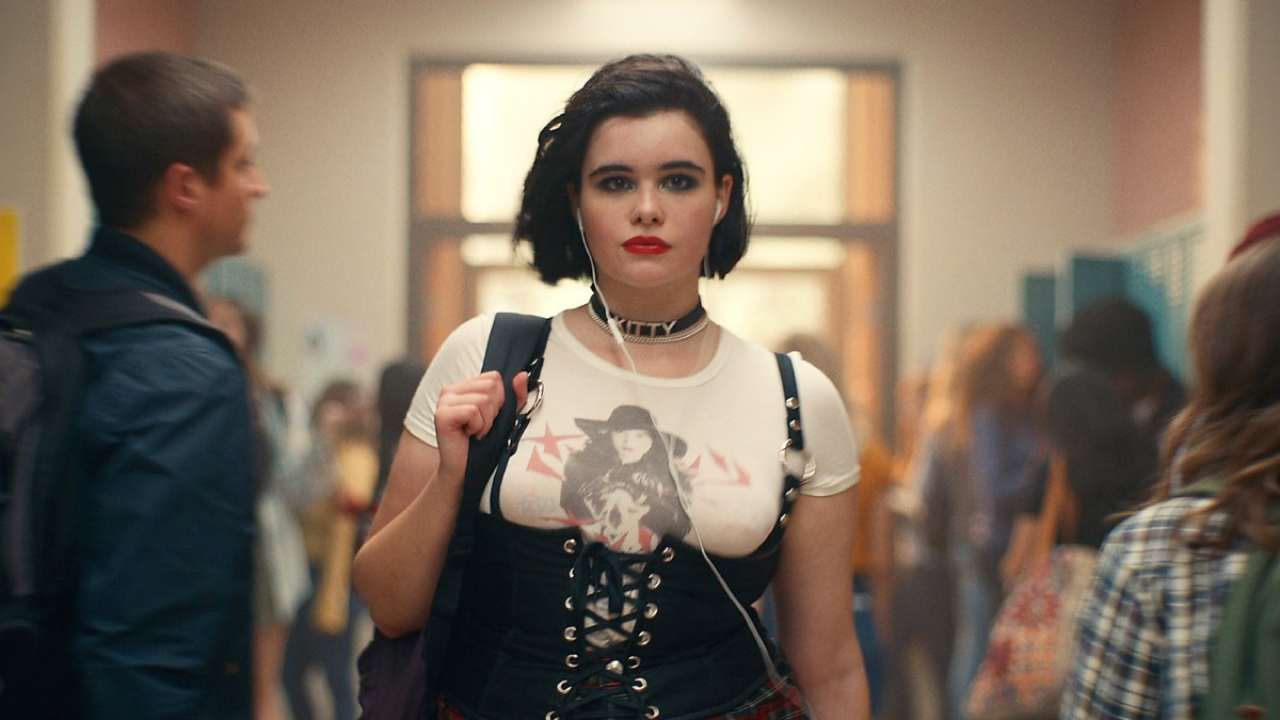With the dawn of 2022, HBO's award-winning TV show Euphoria has kick-started the year with its release of season two. The first episode itself has received immense popularity amongst the viewers with HBO recording 2.4 million viewers who watched it. From the casting to the music, storyline and cinematography, Euphoria is a show that has entered the world of peak TV by creating a unique identity. What makes the series remarkable is the ways in which it tackles important issues that are very much neglected in the world of television. By engaging in such controversial questions, Euphoria has been able to connect to numerous teenagers and young adults.
Amongst the many topics discussed in the show, mental health seems to be prioritized and has taken a significant part within the thematic world of Euphoria. Rather than going with the trope of a character(s) having mental health issues and recovering from it through a fast-paced process, which is quite prominent in many movies and TV shows, this particular series has brought forth a more raw and real way of addressing the topic. Not just one but almost all the characters in Euphoria depict numerous mental health issues, like anxiety and depression. Moreover, these characters do not recover after a few therapy sessions or successful dates, but instead go through many fallbacks. Thus, Euphoria has created an open dialogue in terms of mental health and attempts to address numerous misconceptions and norms revolving around it.
Relatable Characters Conversing with the Viewer
Euphoria's award-winning actress, Zendaya, portrays the protagonist of the show, a teenager struggling with addiction, depression, and anxiety. What makes Rue relatable to the viewer are her constant failures and her depiction of the pain of someone going through these particular issues. Season one was illustrative of Rue's attempt at trying to put an end to her drug addiction but finding it difficult to do so. The idea of Rue being an imperfect person who is struggling to overcome her issues indicates her very humane nature. Interestingly, Rue is not the only one with flaws.
Euphoria dedicates each episode to a particular character, and season one explored these characters by depicting their personal stories, personalities, and also tapping into their childhood lives.
All these characters have their own story. We have Maddy Perez, played by Alexis Demie, with a dark and dull childhood which has led her to get involved in toxic relationships. Hunter Schafer's character, Jules, creates a dialogue about what it is like to be a transgender person in an often intolerant and corrupt world, whilst Barbie Ferreira's character, Kat, indicates what it is like to be insecure about your body image. Cassie, played by Sydney Sweeney, has a long way to go in learning how to love herself and accept her flaws. So have the other characters. Creating characters who represent real struggles that many teens and young adults go through has definitely made Euphoria a brilliantly ingenious and empathetic creation.
An Amalgamation of Fantasy and Reality
Euphoria interweaved the idea of fantasy through the show in two ways-- through the imaginations of the characters, and by creating an atmosphere where teens explore their creative identity without any barriers. In the second episode of season two, "Out of Touch," we get to see Nate Jacobs, played by Jacob Elordi, imagining a world where he is able to form a non-toxic relationship with Cassie. Earlier in season one, we saw Jules fantasizing about "Tyler," a random guy she met online. The characters' imaginations illustrate the longingness for human connection and the urge to explore love. In a world where people "keep in touch" virtually, Euphoria explores what it is like to feel alone and how it can lead to mental health issues. Moreover, the series also shows the danger of trusting strangers you meet online.
The show's incorporation of personas like Maddy, Jules, and Kat, who fearlessly explore their creative side by experimenting with fashion and make-up, has created new trends in fashion. According to the makeup head of the show, Doniella Davy, Euphoria's creator Sam Levinson, has encouraged her to "introduce a new makeup language" where it embraces a more " fluid, boundary-pushing mode of self-expression". Interestingly, Davy's makeup trends represent the show's idea of fluidity as Euphoria continues to tackle conventional gender norms by showing how gender and sexuality are fluid and not binary. This in itself has opened doors for those struggling with mental health issues caused by the very binarised society as Euphoria's fluid nature shows the brilliancy in being unique and not trying to fit into the frame created by whatever is socially normative.
Two Therapy-Based Specials
After the production of season two was delayed, the network created two special episodes that focused on Rue and Jules (separately) in order to keep the fans interested with the series. Even though these two episodes were different from the rest of the series, they represent the idea of therapy and thus mental health. "Trouble Don't Always Last," the first special episode, focused on Rue's struggle. The setting of the story takes place inside an empty diner between Rue and her sponsor from Narcotic Anonymous, Ali (played by Colman Domingo). This allows the conversation between the two to feel more comfortable and casual, but also like a therapy session, as the one-on-one dialogue explores Rue's struggle with anxiety and depression. Zendaya's and Domingo's exceptional performances allow the viewer to be a part of their conversation and explore themselves, introspectively.
Similarly, the second episode, "F*** Anyone Who's Not a Sea Blog," focuses on Jules' struggles. However, unlike the previous episode, this episode's conversation really does take place between Rue and a professional counselor. Yet again, Euphoria has not failed to allow the viewer to be a part of the episode, because as Jules explores her pain, sorrow, insecurity, and feelings of loneliness and abandonment, the viewer is allowed to tap into their own issues and connect with their own selves.
Euphoria has continued to serve a story that interacts with the audience and allows the viewers to think about their own mental health. Each episode is a check-in of sorts. The series' attempts at tackling misconceptions related to mental health whilst portraying its real, often dark side definitely deserves whatever praise and accolades it receives.



